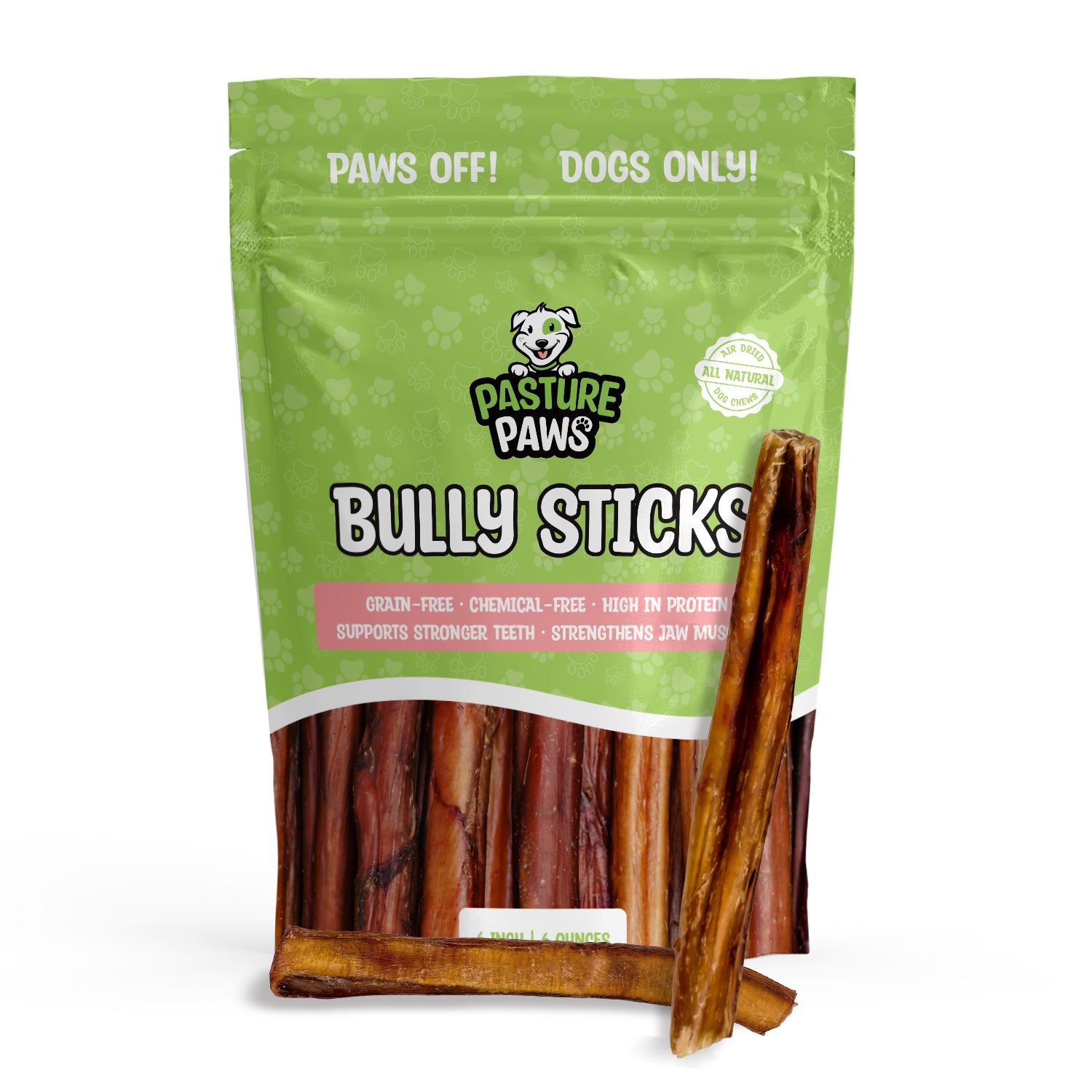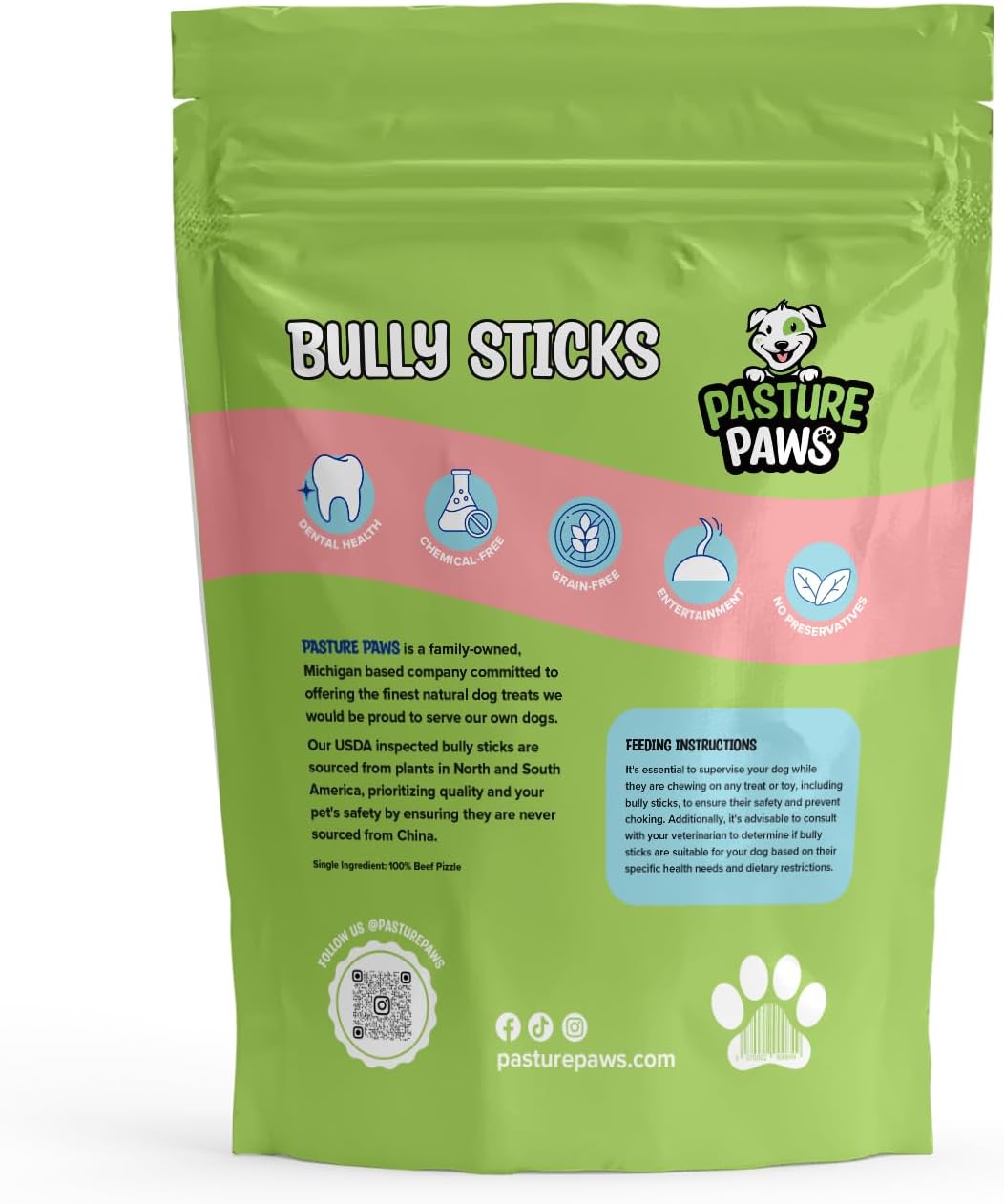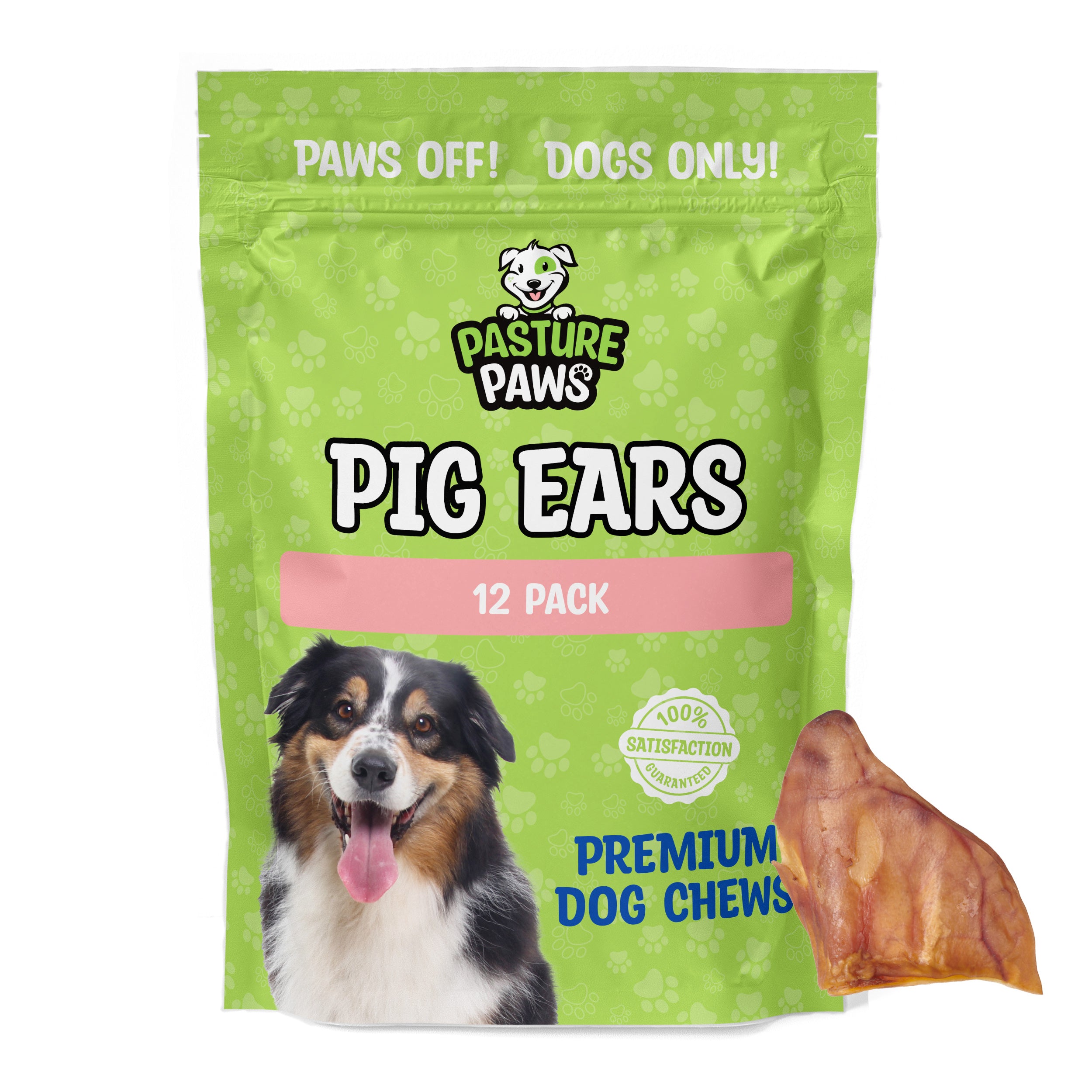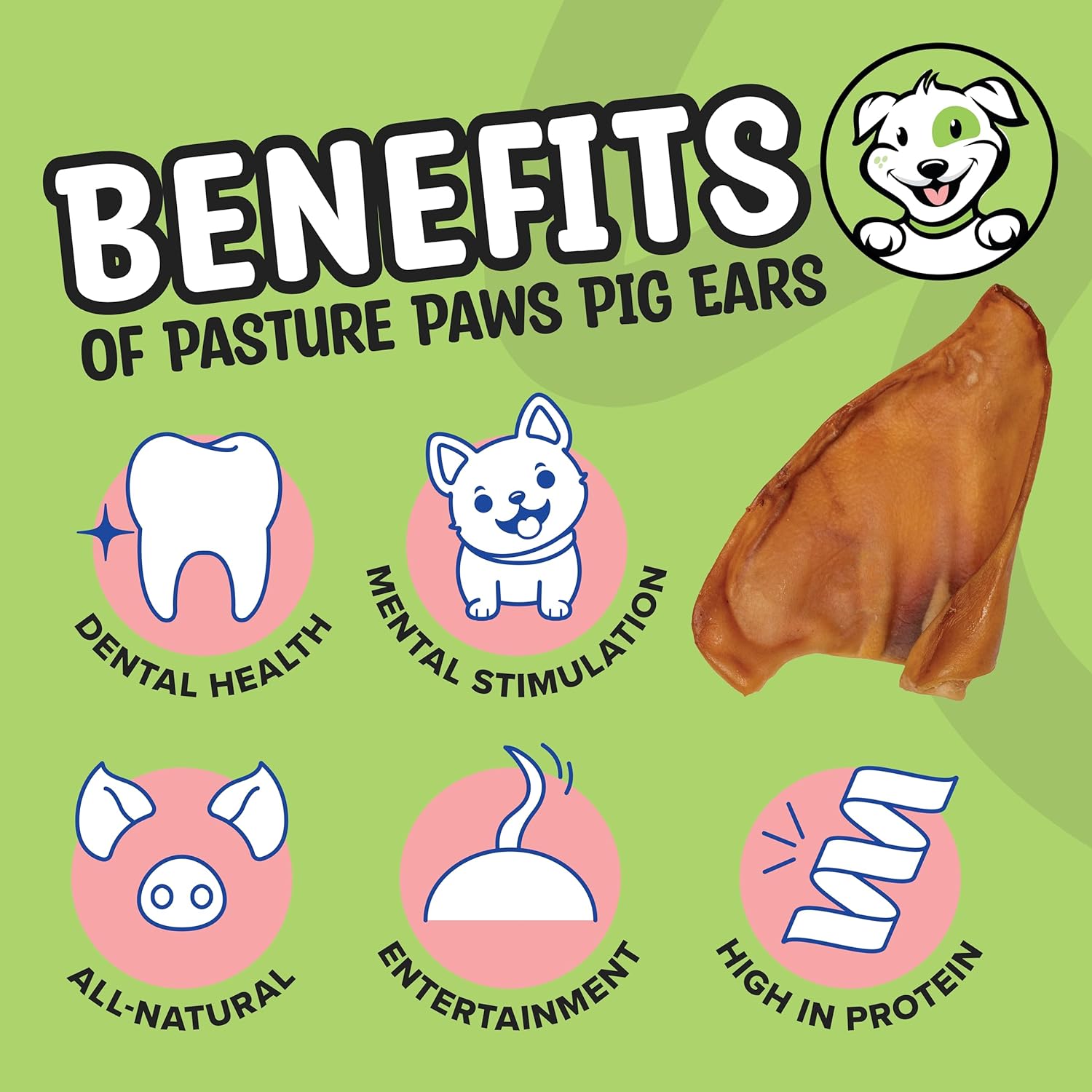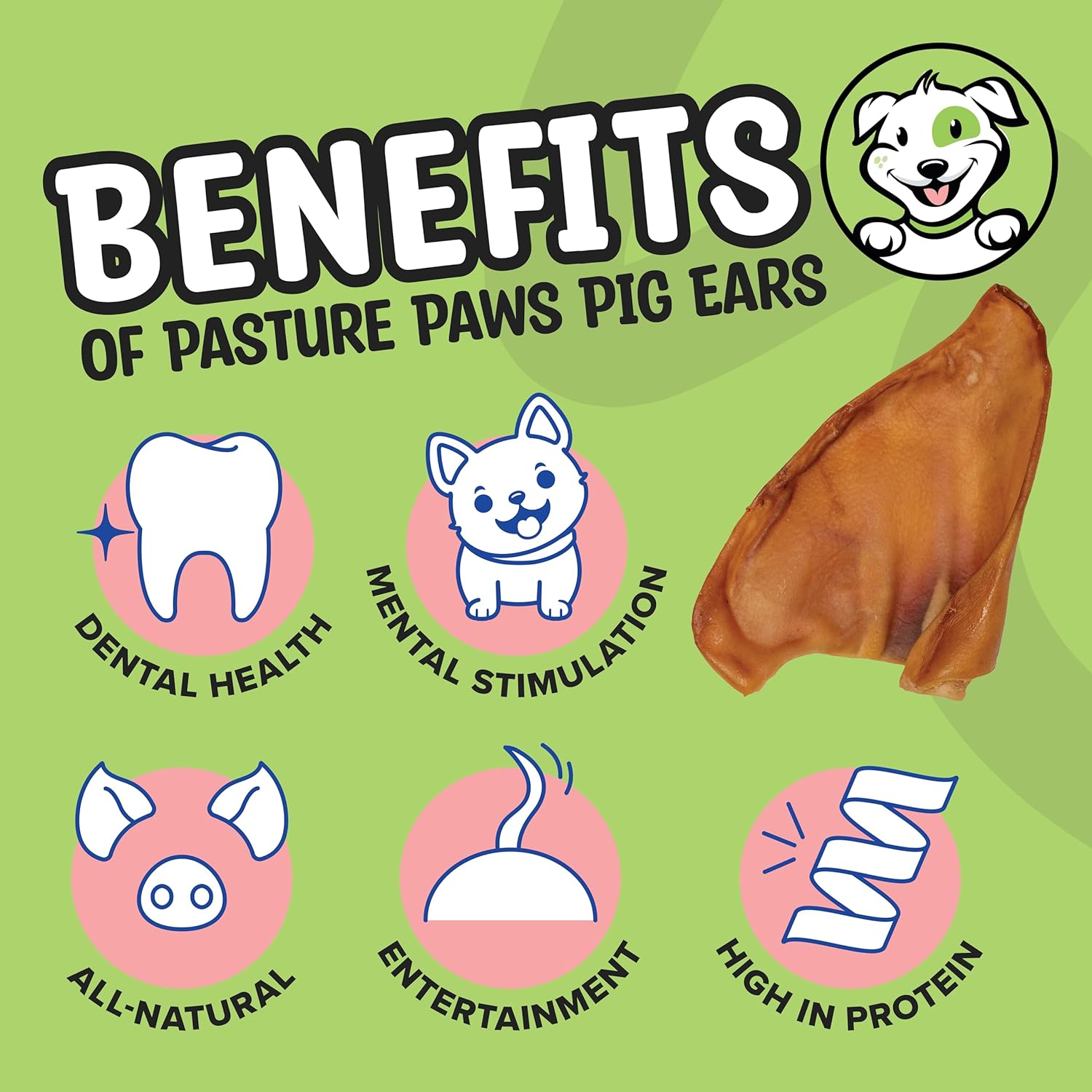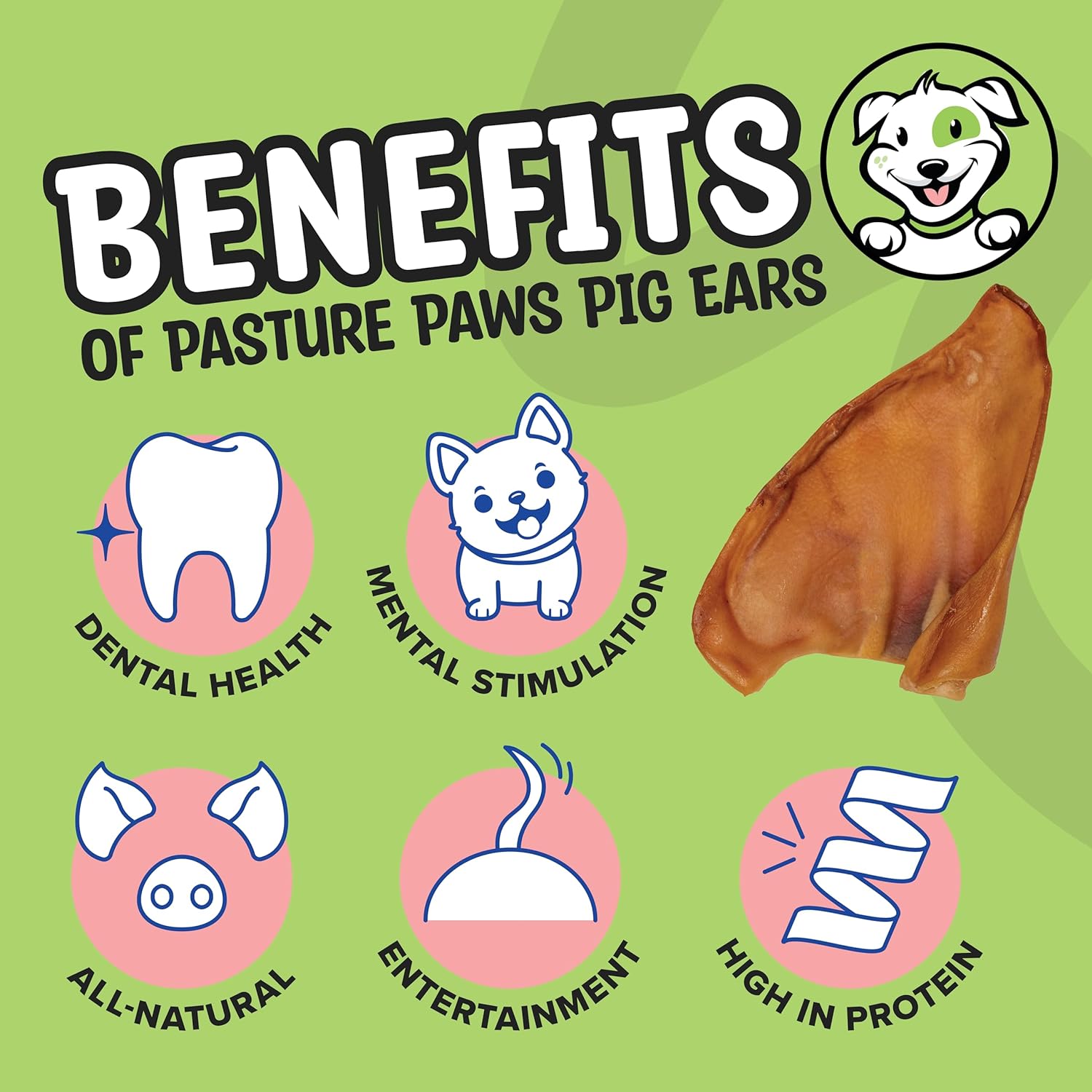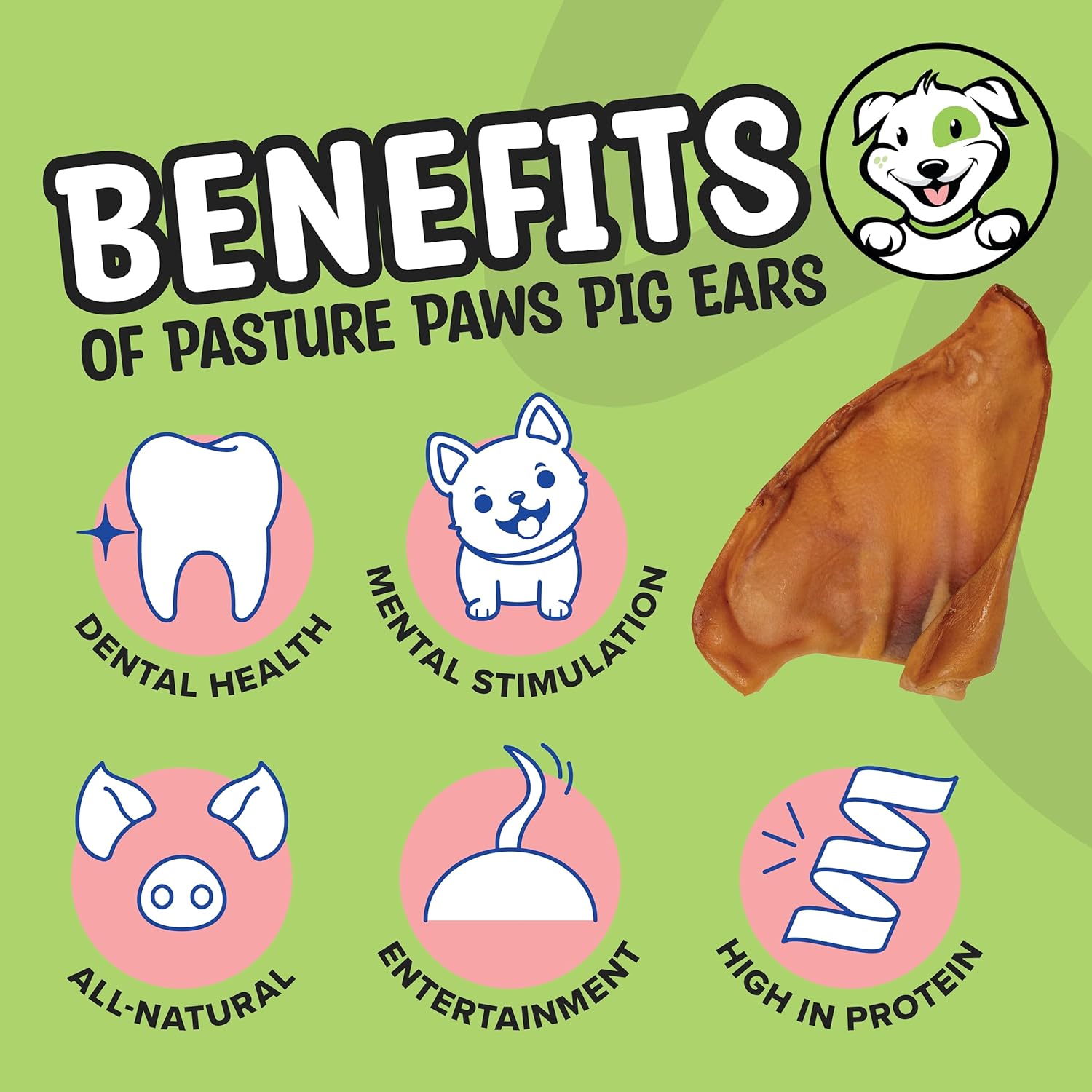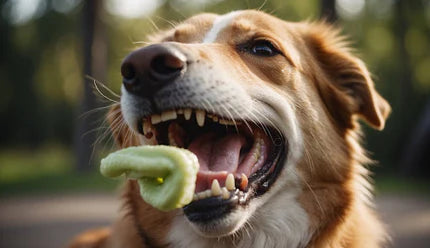Keeping your dog's teeth clean is crucial for their overall health.
Dental chews can help reduce plaque and tartar buildup, making them a great addition to your pet's daily routine.
One of the best dog dental chews you can consider is Greenies, popular for their ability to clean teeth effectively and freshen breath.

Other options like Purina Dentalife and Pedigree Dentastix are also highly recommended by veterinarians.
These chews often come in various sizes to cater to both small and large dogs.
Choosing the right size and type of chew ensures that your pet enjoys their treat while also maintaining good oral hygiene.
Products like the Virbac C.E.T. Enzymatic Oral Hygiene Chews are specifically designed to combat plaque and tartar.
These chews not only promote better oral health but also keep your dog happily occupied.
The Importance of Dental Care for Dogs

Proper dental care for dogs is crucial for preventing serious health issues like periodontal disease and tooth loss.
Regular cleaning can help keep plaque and tartar under control, ensuring your dog's overall well-being.
Understanding Plaque and Tartar
Plaque is a soft film of bacteria that forms on teeth after eating. If not removed, it hardens into tartar, a yellowish deposit that sticks to the teeth.
Tartar buildup leads to dental problems such as gum inflammation and tooth decay. Over time, it can cause periodontal disease, which affects the gums and bones supporting the teeth.
Brushing your dog's teeth and using dental chews can slow down plaque and tartar formation.
Veterinarians recommend these practices as part of a routine dental care regimen.
Risks of Poor Oral Hygiene
Neglecting your dog's oral health can have serious consequences.
Periodontal disease is one of the most common issues, leading to gum inflammation, pain, and tooth loss.
Bacteria from the mouth can enter the bloodstream, potentially causing infections in other parts of the body, such as the heart and kidneys. This makes maintaining oral health vital.
Symptoms of poor oral hygiene include bad breath, difficulty eating, and red or bleeding gums.
Regular check-ups with a vet can help catch these issues early and prevent them from escalating.
Benefits of Regular Dental Care
Regular dental care can prevent many issues related to poor oral health.
Dental chews help remove plaque and tartar, freshen bad breath, and promote healthy gums.
Healthy gums reduce the risk of dental problems and tooth decay. Using dental products daily can make a significant difference.
Your dog's overall health improves with good oral hygiene, as it minimizes the spread of harmful bacteria.
Regular vet visits for dental check-ups ensure that any emerging problems are addressed promptly.
Evaluating Dog Dental Chews

When looking for the best dental chews for your dog, it’s crucial to consider the ingredients, approval from the Veterinary Oral Health Council (VOHC), and potential allergens. Here's what to keep in mind.
Key Ingredients to Look For
Certain ingredients play a critical role in the effectiveness of dog dental chews.
Look for chews with enzymes and natural abrasives. Enzymatic chews help break down plaque and tartar, while natural abrasives can aid in physically scraping away debris.
Avoid chews with artificial additives, as these can be harmful.
Options like C.E.T. Enzymatic Dental Chews are praised for their plaque-removing properties.
Plant-based and grain-free chews are ideal for dogs with dietary restrictions. These chews can still effectively clean teeth without triggering allergies.
Understanding VOHC Approval
The VOHC Seal of Acceptance is a trustworthy mark indicating that a dental chew has met strict standards. Products with this seal have been proven to reduce plaque and tartar.
Not all dental chews carry this seal, so always check the packaging or product description.
Greenies and Pedigree Dentastix are examples of VOHC-approved treats that veterinarians often recommend.
Using VOHC-approved chews can be a reasonable assurance of quality and effectiveness.
Allergens and Dietary Considerations
When choosing dental chews, be mindful of any allergens.
Common allergens include wheat, corn, and soy. Grain-free options can help reduce the risk of allergic reactions.
For dogs with sensitive stomachs, look for chews that are easy to digest.
These products often list limited ingredients and avoid common irritants.
Weight management is another consideration. Some chews can be high in calories. Opt for chews that are low-calorie or specifically designed to support weight control.
Top Recommended Dog Dental Chews

When it comes to choosing the best dental chews for your dog, it’s important to consider the specific needs of your furry friend.
Different chews are suited for puppies, seniors, and dogs with dietary restrictions. You also need to find affordable options without compromising on quality.
For Puppies and Seniors
Puppies and senior dogs often have softer teeth and gums, necessitating gentle chews.
Greenies offers a range of options specifically designed for these age groups. The texture is softer, reducing the risk of gum damage while maintaining efficacy in cleaning teeth.
Virbac C.E.T. Enzymatic Oral Hygiene Chews are another excellent choice.
These chews are designed to be easy on tender gums while being effective in reducing plaque.
The C.E.T VeggieDent Fr3sh Tartar Control Chews are also well-regarded by pet owners for their gentle yet efficient cleaning.
Popular flavors like chicken and beef make these chews more appealing, ensuring that your pet will actually want to use them.
Be sure to check customer reviews to see what other pet owners have to say about these products.
For Dogs with Special Dietary Needs
Dogs with dietary restrictions need dental chews that are free from common allergens and unnecessary additives.
Whimzees by Wellness provide hypoallergenic options made with natural ingredients.
These chews are free from grains, gluten, and artificial colors, making them ideal for sensitive dogs.
Oravet Dental Care Hygiene Chews are also suitable for dogs with special dietary needs.
They contain delmopinol, which helps to form a barrier against harmful bacteria and reduce plaque.
Additionally, these chews come in flavors like chicken, which appeals to most dogs.
Virbac also offers dental chews tailored for dietary restrictions. The VeggieDent line is not only effective in cleaning but also friendly for dogs with special dietary needs.
Affordable Options
If you are on a budget, there are still good quality dental chews available.
Pedigree Dentastix is a popular choice due to its affordability and effectiveness. These chews come in flavors like beef and bacon, making them highly appealing.
Purina also offers budget-friendly options such as the DentaLife Dental Chews.
These are designed to clean hard-to-reach teeth and come at a relatively low price point.
Milk-Bone Brushing Chews are another cost-effective option.
They are shaped to clean down to the gumline and are available in various sizes to suit different breeds and age groups.
Using Dental Chews Effectively

Using dog dental chews the right way involves choosing the correct size and frequency, combining them with other dental care methods, and following safety precautions to avoid any potential problems.
Proper Sizing and Frequency
Selecting the right size dental chew is crucial.
If a chew is too small, it may become a choking hazard. If it’s too large, your dog might struggle to chew it properly.
Use dental chews designed for your dog’s weight and size. Many brands, like Virbac and Greenies, offer chews in various sizes.
Frequency is also important.
Giving your dog a dental chew daily can help reduce plaque and tartar buildup. However, too many chews can add extra calories to their diet.
Consult your vet for a recommendation on how often to give dental chews based on your dog’s age and dental health.
Complementing Chews with Dental Hygiene
While dental chews can help clean your dog’s teeth, they should not be the only method of dental care. Use a dog-safe toothbrush and toothpaste regularly to clean those hard-to-reach places.
Chews like Pedigree Dentastix are great, but brushing is essential for maintaining overall oral health.
Additionally, provide your dog with plenty of water. It helps rinse away food particles and keeps their mouth fresh.
Dental wipes and sprays can also serve as supplements to brushing and chewing.
Safety and Precautions
Safety should always come first. Not all chews are suitable for all dogs.
Rawhide chews can be tough and might pose a choking hazard, especially for heavy chewers.
Monitor your dog while they’re enjoying their dental sticks or any chew to ensure they don’t break off large pieces and swallow them.
If your dog has any known allergies or dental issues, consult with your vet before introducing a new type of chew.
Watch for any signs of distress or allergic reactions the first few times you give them a new chew product.
Always pick high-quality, vet-approved chews to ensure the safety and health of your dog's teeth.
Frequently Asked Questions

Choosing the right dental chew for your dog can be challenging. Your choice should depend on your dog's breed, health needs, and preferences. Here are answers to common questions to help make an informed decision.
What type of dental chew is best for large breed dogs to maintain oral health?
For large breeds, chews like C.E.T. VeggieDent Fr3sh Tartar Control Chews are effective.
These chews are designed to fit larger mouths and provide adequate resistance to help remove plaque and tartar.
Which dental chews for dogs are most recommended by veterinarians for effective teeth cleaning?
Veterinarians often recommend Greenies Dental Treats for their ability to clean teeth and freshen breath.
They are well-researched and widely trusted in the pet care community.
What are the most effective dog dental chews for combating bad breath?
Chews like iHeartDogs Brushy Sticks are known for their texture, which helps to clean teeth and massage gums while combating bad breath.
They come with additional benefits for overall dental health.
Are there natural dental chew options that are safe and effective for dogs?
Yes, there are natural options like the Virbac C.E.T. Enzymatic Oral Hygiene Chews.
These chews use natural enzymes to reduce plaque and tartar buildup without artificial additives.
Which dental chews are suitable for dogs with sensitive stomachs?
Dogs with sensitive stomachs can benefit from Pedigree Dentastix, which are formulated to be gentle on the digestive system while still providing dental benefits.
How do dental chews for dogs compare to other teeth-cleaning methods recommended by professionals?
While dental chews are effective for daily maintenance, they should complement regular teeth brushing and professional cleanings.
Chews like those from Purina are great for in-between cleanings but should not replace regular veterinary care.
